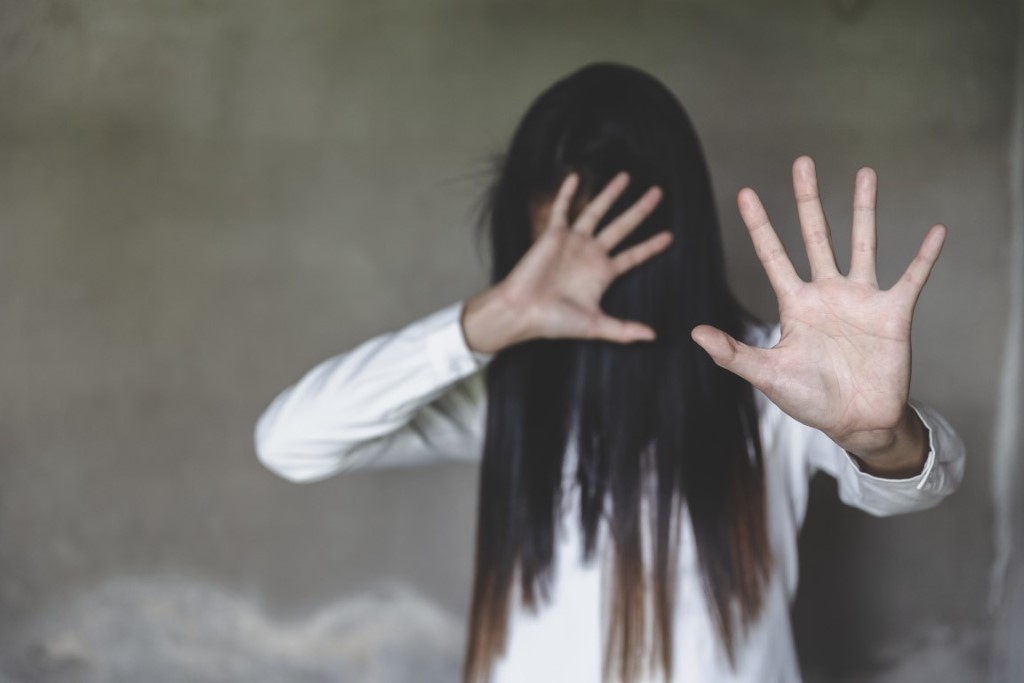Anxiety, a natural human response, can escalate into a mental health challenge when left unchecked. It’s a widespread issue affecting a significant portion of the population. Recent research indicates that a quarter of South African adults experience anxiety to a degree that interferes with their daily lives.
However, ‘anxiety’ serves as an umbrella term encompassing a variety of related conditions categorized in the DSM-5. In light of this year’s Mental Health Awareness Week, dedicated to enhancing awareness and understanding of anxiety disorders, we’ll delve into the seven primary forms of this condition. By illuminating their symptoms and emphasizing mental health as a top priority, our goal is to aid individuals in overcoming anxiety and foster well-being throughout South African society.
Separation Anxiety Disorder Separation anxiety disorder entails an overpowering fear or anxiety related to parting from loved ones or attachment figures. It affects approximately 1-2% of South African adults and 4% of children. Common symptoms include distress when anticipating separation, reluctance to attend school, disrupted sleep patterns, and physical manifestations such as headaches or stomachaches.
Selective Mutism Selective mutism, often misunderstood, prevents individuals from speaking in specific social situations, despite being entirely capable of doing so in other settings. It frequently co-occurs with social anxiety disorder and is typically diagnosed during early childhood. Although it affects less than 1% of South African children, comprehending this form of anxiety disorder is crucial.
Selective mutism can significantly disrupt a child’s life, impacting their school performance, social interactions, and participation in enjoyable activities. Additionally, misconceptions may delay treatment, as some may dismiss it as mere shyness.
Specific Phobias Specific phobias involve an intense, irrational fear of a particular object, situation, or activity. These phobias fall into five subtypes:
- Animal
- Natural environment
- Blood-injection-injury
- Situational
- Other
Surprisingly common, specific phobias affect 12.5% of the South African population. Gaining a deeper understanding of specific phobias is vital, as it dispels misconceptions and emphasizes that these fears are not a choice or an attempt to be difficult. Recognizing the legitimacy of these anxieties is a key step toward supporting those affected and fostering empathy and awareness.
Social Anxiety Disorder (Social Phobia) Social anxiety disorder, or social phobia, entails an intense fear of social or performance situations. This fear often arises from concerns about being judged, embarrassed, or humiliated. With a prevalence rate of 7% in the South African population, this condition has become increasingly common in recent years. The rise in diagnoses may be attributed to various factors, including heightened awareness and recognition of the disorder.
The COVID-19 pandemic has also played a significant role in exacerbating anxiety disorders, including social anxiety disorder. Lockdowns, social distancing, and remote work or education have altered our daily routines and social interactions, potentially amplifying feelings of anxiety in social situations. While there is limited peer-reviewed data directly linking social anxiety disorder to the pandemic, we must acknowledge the potential impact of these unprecedented circumstances on mental health.
Understanding the growing prevalence of social anxiety disorder and considering the possible influence of recent events allows us to better support those affected and promote awareness and empathy within our communities.
Panic Disorder Panic disorder is characterized by recurrent, unexpected panic attacks—sudden surges of intense fear or discomfort accompanied by physical and cognitive symptoms. Panic disorder affects approximately 2-3% of the South African population, making it more common than many might expect. The unpredictability of these episodes often leaves individuals in a state of constant worry about when the next attack may occur and its potential consequences.
Agoraphobia Agoraphobia is a daily battle involving intense fear or anxiety in situations where escape might be challenging or help might not be readily available in the event of panic-like symptoms. This condition can be highly limiting, restricting activities to the point where everyday situations become daunting challenges. The intense fear can significantly hinder daily life, whether it’s taking public transportation, navigating open or enclosed spaces, being in crowds, or simply stepping outside the home alone.
Agoraphobia often co-occurs with panic disorder; however, it can also manifest independently. It affects 1.7% of the South African population, underscoring the need for increased understanding and awareness. It’s not a choice or a character flaw but a genuine and challenging disorder that can profoundly impact an individual’s education, social life, relationships, and employment opportunities.
Generalized Anxiety Disorder (GAD) Generalized anxiety disorder (GAD) can affect every facet of a person’s life, casting a constant shadow of worry and unease. Affecting 2.9% of the South African population, GAD is far from uncommon. Those living with GAD find it challenging to control their worry, often leading to a heightened sense of vulnerability and a persistent fear that something will go wrong.
The impact of GAD extends beyond mental distress; it can also manifest in physical symptoms such as restlessness, fatigue, and sleep disturbances. These symptoms can compound the emotional strain, making it even more difficult for individuals to cope with daily stressors and demands. This cycle can create a heavy burden, potentially affecting personal relationships, job performance, and overall well-being.





